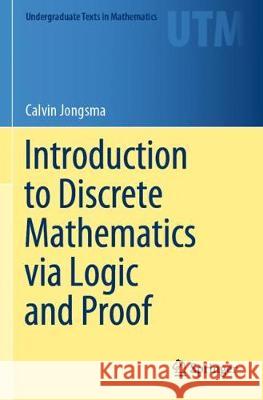Introduction to Discrete Mathematics Via Logic and Proof » książka
topmenu
Introduction to Discrete Mathematics Via Logic and Proof
ISBN-13: 9783030253608 / Angielski / Miękka / 2020 / 482 str.
Introduction to Discrete Mathematics Via Logic and Proof
ISBN-13: 9783030253608 / Angielski / Miękka / 2020 / 482 str.
cena 221,37
(netto: 210,83 VAT: 5%)
Najniższa cena z 30 dni: 212,02
(netto: 210,83 VAT: 5%)
Najniższa cena z 30 dni: 212,02
Termin realizacji zamówienia:
ok. 16-18 dni roboczych.
ok. 16-18 dni roboczych.
Darmowa dostawa!
Kategorie:
Kategorie BISAC:
Wydawca:
Springer
Seria wydawnicza:
Język:
Angielski
ISBN-13:
9783030253608
Rok wydania:
2020
Wydanie:
2019
Numer serii:
000024571
Ilość stron:
482
Oprawa:
Miękka
Wolumenów:
01











